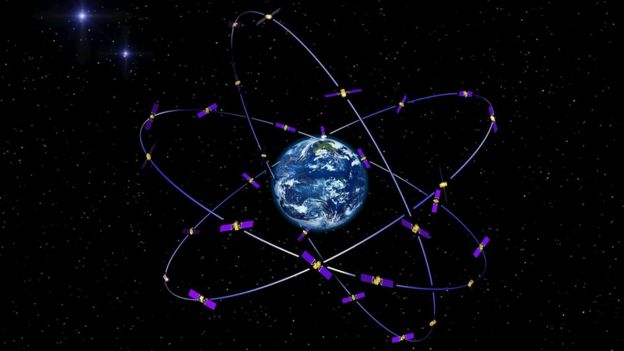Their successful placement in orbit brings the number of platforms in the constellation to 10 - a third of the way to a full network of 30.
Lift-off occurred at 02:08 GMT, with confirmation of the satellites` separation from the rocket`s upper-stage coming almost four hours later.
Galileo is a project of the European Commission, the EU`s executive branch.
It is designed to complement the American Global Positioning System (GPS), while at the same time introducing extra precision for users.
Although dedicated services based on the European network will not be made available until at least 14 operational satellites are in orbit, the signals from every new addition in the sky can be exploited by receiving devices with compatible chipsets.
"There are a number of chipsets that have been developed and are in the market deployed in smartphones and navigation equipment for cars, for instance," explained Javier Benedicto, the Galileo programme manager at the European Space Agency (Esa is the EC`s procurement agent).
"Those chipsets are already able to combine the Galileo signals with the GPS signals. That converts into an improvement of the availability of the navigation service which is experienced by GPS users today."
The development path to a "European GPS" has been a tortuous one. The project is years late, and the completion cost - expected to be some €7bn by 2020 - is substantially higher than that originally foreseen by EU member states.
But Didier Faivre, the director of navigation at Esa, said the delivery cadence agreed in 2013 was being maintained.
"The famous `30 satellites by 2020` motto is our goal, and we`re confident we can do it with additional procurement initiated this year," he told BBC News.
The satellites for Galileo are being made by a German-UK consortium. OHB System of Bremen is the industrial prime contractor and assembles every spacecraft bus, or chassis. The navigation payloads, including the atomic clocks that are at the heart of any sat-nav concept, are prepared in Guildford by Surrey Satellite Technology Limited.
More about:
















































